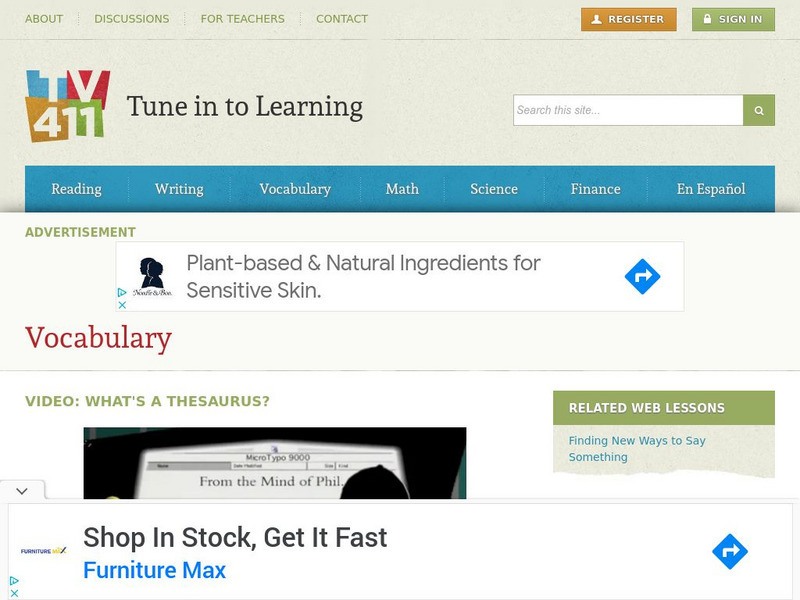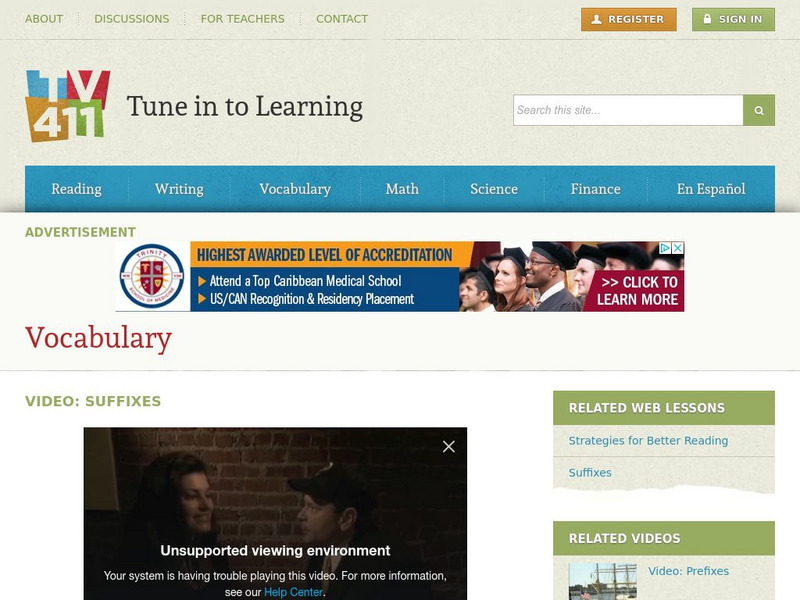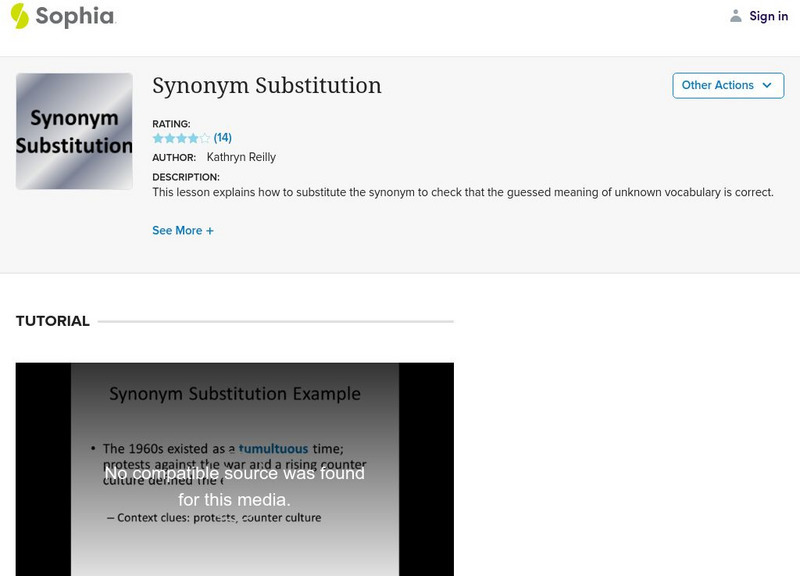Hi, what do you want to do?
PBS
The Chronicles of Narnia
C.S. Lewis' The Chronicles of Narnia is about far more than the adventures of a group of children in an imaginary kingdom. Find out what else it's about in a short Great American Read video.
PBS
Looking for Alaska
Looking for Alaska is the subject of a short PBS video that encourages viewers to read John Green's award-winning young adult novel about first love.
PBS
Pride and Prejudice
Published in 1813 and considered by many to be the first romance novel, Jane Austen's Pride and Prejudice still tops the chart as a favorite read. Literary experts share why the tale of Elizabeth Bennet and Mr. Darcy continues to win the...
PBS
One Hundred Years of Solitude | The Great American Read
One Hundred Years of Solitude introduces readers to magic realism. Told in a series of flashbacks and flash-forwards, Gabriel Garcia Marquez's Nobel Prize-winning novel is a candidate for The Great American Read program and aficionados...
PBS
The Hitchhiker's Guide to the Galaxy
Douglas Adams' hysterical send-up of bureaucratic thinking, The Hitchhiker's Guide to the Galaxy, is the focus of a Great American Read video that urges viewers to vote for one of the greatest satires since Gulliver's Travels.
PBS
A Confederacy of Dunces by John Kennedy Toole
Rather than windmills, Ignatius J. Reilly, the hero of John Kennedy Toole's Pulitzer Prize-winning A Confederacy of Dunces, battles against modernity. Find out why Professor Walter Isaacson thinks Toole's novel should get viewers' votes...
PBS
Ready Player One
Ready Player One has been praised as a novel that captures the vitality, the allure, and the essence of the virtual reality experience. Speakers in a short video share their rationale for why Ernest Clines' dystopian novel should be...
PBS
1984 by George Orwell
Reverend Katrina Foster offers her rationale for why Winston Smith, the tragic hero of George Orwell's dystopian novel 1984, is her favorite literary character.
PBS
The Call of the Wild
Jack London's books feature male characters, but that doesn't mean they're just for boys! Chelsea Clinton and Shanna Peeples discuss the underlying messages of love and sacrifice in The Call of the Wild, as well as the conflict of man...
Sophia Learning
Sophia: Common Issues With Homophones
This lesson focuses on homophones: words that sound the same, but have different meanings. First it explains the differences between homonyms and homophones; then it looks at a list of commonly confused homophones, their meanings, and,...
Sophia Learning
Sophia: Synonyms
This screencast defines synonyms, explains their importance, and demonstrates how to find them using Thesaurus.com and the thesaurus in Microsoft Word. [4:32]
Education Development Center
Tv411: Video: What's a Thesaurus?
This video explains how to use a thesaurus and what information it gives you. [3:09]
Sophia Learning
Sophia: Connotation and Denotation
This video lesson focuses on the difference between the connotation and denotation of synonyms. The denotation is the dictionary definition, while the connotation adds feelings, images, or associations to the dictionary definition....
Education Development Center
Tv411: Tune in to Learning: Vocabulary: Video: Understanding Suffixes
This is a humorous video showing how suffixes can change the meanings of words.
Sophia Learning
Sophia: Common Issues With Homophones
This lesson goes over homophones that are commonly confused.
Sophia Learning
Sophia: Synonym Context Clues
This screencast lesson introduces synonym context clues. [2:32]
Sophia Learning
Sophia: Synonym Substitution
This lesson explains how to substitute the synonym to check that the guessed meaning of unknown vocabulary is correct. This tutorial lesson shares a short screencast with the lesson's content. [2:15]
Sophia Learning
Sophia: Vocab Tip: Find Similar Words
This lesson explains how to remember vocabulary by finding similar words. This tutorial lesson shares a short screencast with the lesson's content. [3:44]
Sophia Learning
Sophia: Denotation: Lesson 1
This video lesson introduces denotation and provides examples. It is 1 of 3 in the series titled "Denotation." [2:54] L.9-10.5b nuances, L.11-12.5b Nuance
Other
Vantage Learning: Signal Words
Explains what signal words are and what messages they convey. Discusses words that compare, contrast, or add information, and what to do when you encounter them. [3:22]
























